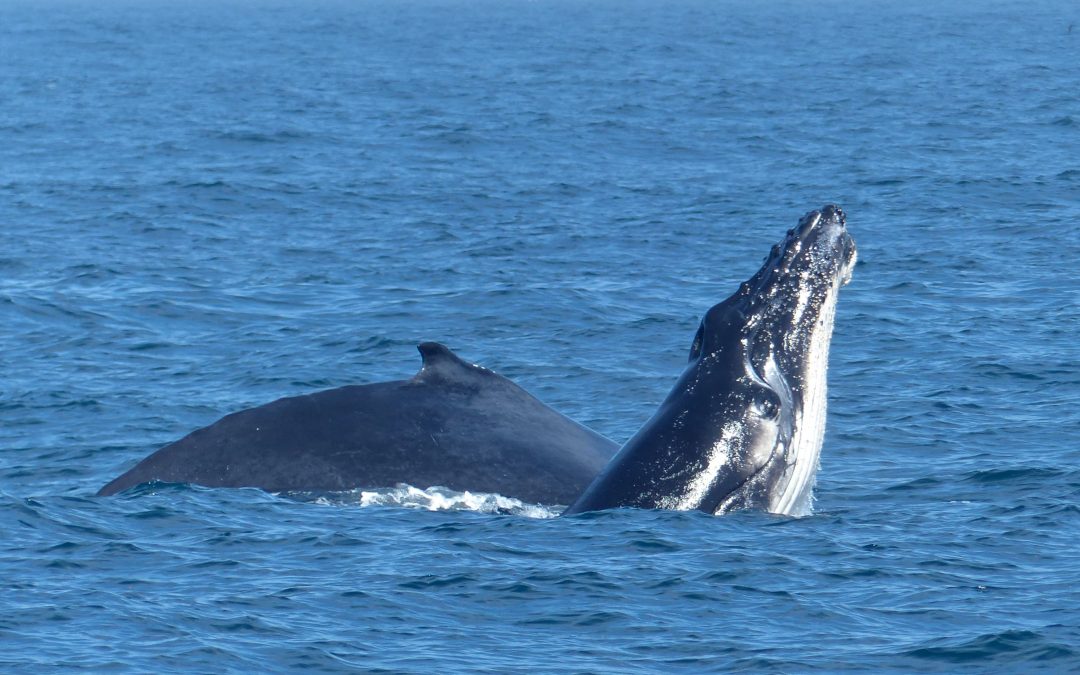The Impact on Whales in Today’s World

Isn’t it ironic that whales, that don’t have any natural predators, are an endangered species?
Whales are massive marine mammals that roam around the world’s oceans. They communicate with one another through mysterious sounds and can weigh as much as 33 elephants. With their sheer size and weight, they are one of the biggest mammals to live in our world today.
Whales are different from other marine species despite living under water, they have lungs and they breathe. They are also warm-blooded animals, like other mammals, and nurse their young ones with milk.
Whales have become an endangered species because of many man-made issues. Thousands of whales die each year. Hunting, food scarcity and pollution are the main reasons for the endangerment of whales. The rate at which these whales are dying will make them extinct if we don’t take any measures to save them now.
Different organisations are engaged in whale conservation efforts all over the world to ensure that their number doesn’t decline any more.
The Endangered Whale Species
The following whale species are in the list of endangered marine species in the Australian waters:
- Blue whale (endangered)
- Southern right whale (endangered)
- Fin whale (vulnerable)
- Humpback whale (vulnerable)
- Sei whale (vulnerable)
The Australian government, along with whale conservation organisations, is working day and night to ensure the identification of the problem area and the replenishment of degraded whale habitats.
Whale Conservation – What Can You Do?
Do you know that whales don’t reproduce until they are 7-10 years of age?
This simply points to the fact that their number cannot be immediately raised, but what we can do is make sure that these numbers don’t plummet any further. WWF is one of the main protagonists of whale conservation and is trying their best to increase awareness among people about the present situation of whales and what they can do to help increase their number.
Here is what we can do to ensure that we play our part in whale conservation.
- Marine pollution is one of the main reasons for the plummeting number of whales. Don’t contribute to marine pollution by minimising the use and disposal of plastics, recycling where possible.
- Don’t support the trade and sale of whale meat and products
- Raise your voice against the captivity of whales. If you want to go whale watching, choose a responsible whale watching option rather than visiting captive whales
- Learn and share. This is the best way to increase awareness among general public about the importance of whale conservation. Also, educate people on how their small actions are putting an entire marine mammal species at risk. This is how we can influence and educate the present and future generations on the issue of endangered whales and other marine species.
It is important to be responsible and do your part in saving whales and other endangered species.
